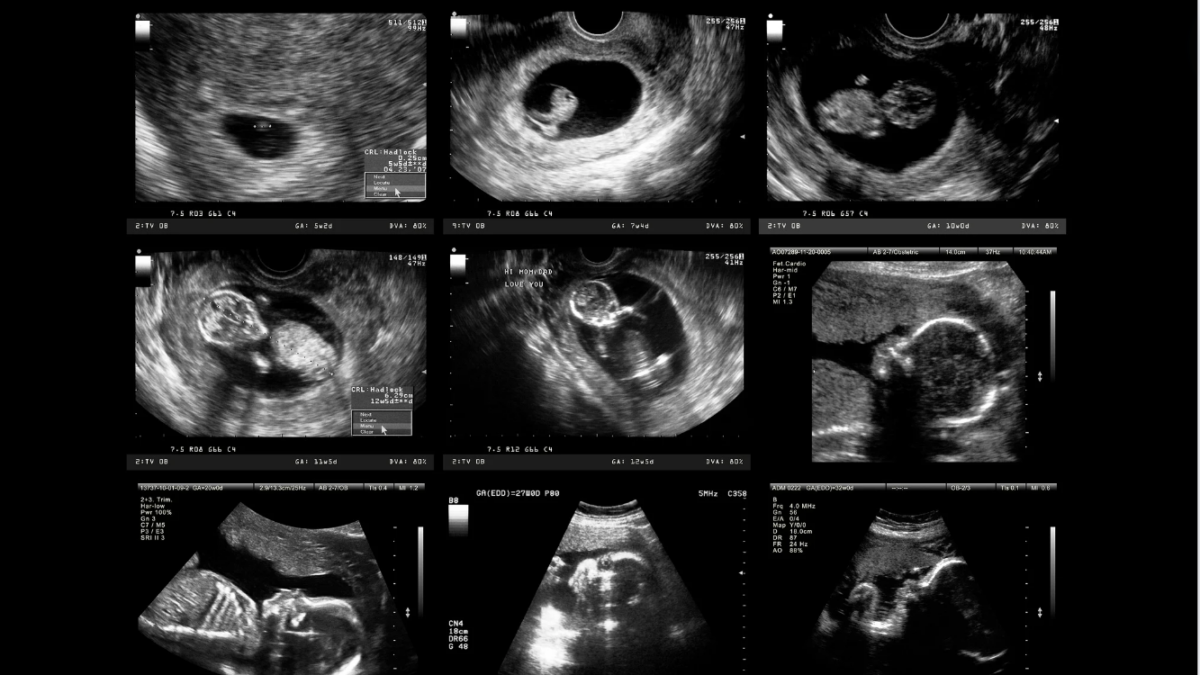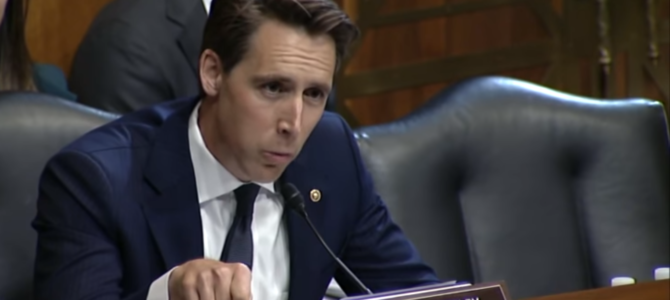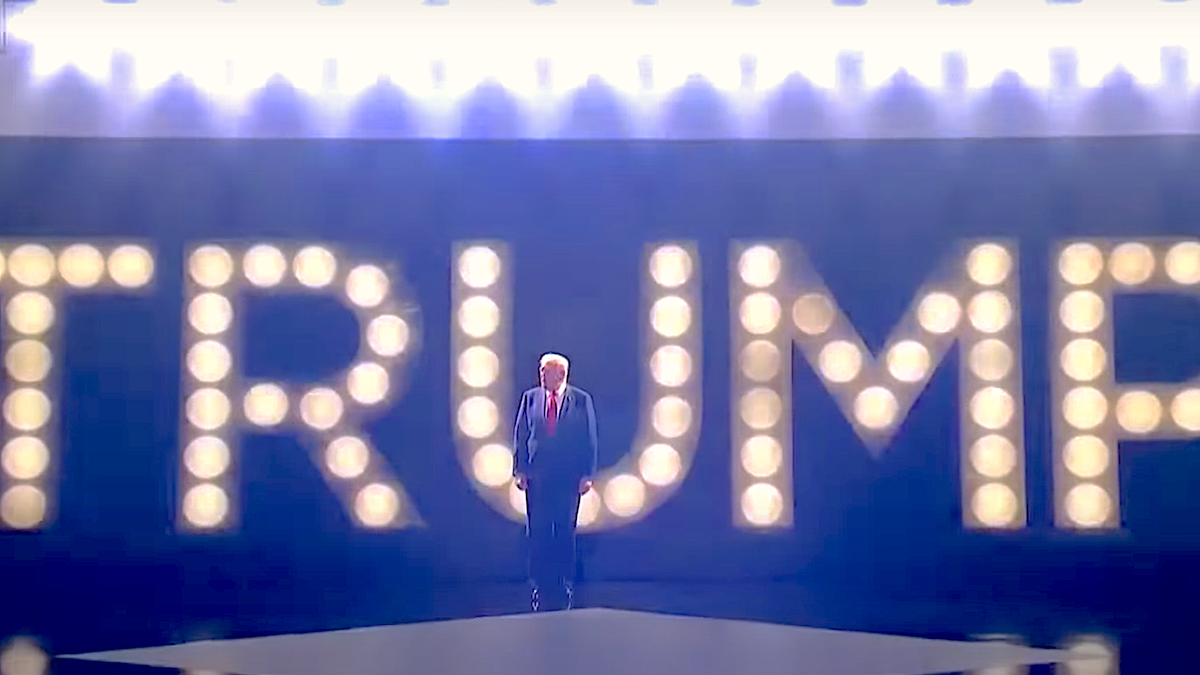The U.S. Supreme Court decided in a 6-3 ruling in Moyle v. United States on Thursday to toss the Biden administration’s attempt to force its abortion activism on pro-life states such as Idaho back to lower courts. The majority of justices agreed that, despite issuing a previous stay that favored Idaho, the case was “improvidently granted” and will not receive a merit judgment at this time.
Chief Justice John Roberts, Justices Amy Coney Barrett, Brett Kavanaugh, Sonia Sotomayor, Elena Kagan, and Ketanji Brown Jackson did not technically side with the Biden administration’s drastic expansion of the Emergency Medical Treatment and Labor Act (EMTALA), which the Centers for Medicare and Medicaid Services redefined at the bidding of President Joe Biden shortly after the Dobbs v. Jackson ruling. They did, however, keep with a leaked version of their decision when they refused to curb the bureaucracy’s abortion activism.
EMTALA was enacted in 1986 to stop hospitals from turning away patients based on their inability to pay for their expenses. The law not only mandates adequate treatment for the “unborn child” but also explicitly does “not preempt any State or local law requirement, except to the extent that the requirement directly conflicts with” EMTALA.
CMS, however, claimed that EMTALA, which on its face poses no conflict to pro-life policies, was broad enough to include abortion as a “stabilizing” procedure “irrespective of any state laws or mandates that apply to specific procedures.”
Idaho’s Defense of Life Act, which went into effect in August 2022, prohibits abortion except in cases of rape or incest, or if a physician deems it necessary to save the mother’s life. Despite the fact that Idaho, like every pro-life state, included lifesaving provisions in its popular law, the Biden administration sued Idaho using its reinterpretation of the Reagan-era act.
The Supreme Court issued a stay in January that allowed the enforcement of the life-saving law throughout the judicial process. On Thursday, however, the court majority ruled to lift the stay, giving the leftist San Francisco-based Ninth Circuit Court of Appeals the final say on the matter.
The court did not offer a majority opinion explaining the reasoning behind the decision. Instead, the six justices who ruled to punt the case offered vastly different reasons for doing so in several separately written concurring opinions.
In her concurring opinion, Barrett, joined by Roberts and Kavanaugh, claimed the case required dismissal because “the shape … has substantially shifted since we granted certiorari.”
Justice Elena Kagan was more forward in her concurring commentary, celebrating that the court’s refusal to rule “will prevent Idaho from enforcing its abortion ban when the termination of a pregnancy is needed to prevent serious harms to a woman’s health.”
Justice Ketanji Brown Jackson, who famously refused to define woman during her 2022 confirmation hearing, sided with the majority but lamented in her separate concurring opinion that the court’s decision was a “delay” instead of the “victory for pregnant patients in Idaho” that she hoped for.
“While this court dawdles and the country waits, pregnant people experiencing emergency medical conditions remain in a precarious position, as their doctors are kept in the dark about what the law requires,” Jackson wrote.
In his dissent with Justices Clarence Thomas and Neil Gorsuch, Justice Samuel Alito noted that he believes “the Court has simply lost the will to decide the easy but emotional and highly politicized question that the case presents.” Because of the court’s refusal, Alito said, “an important and unsettled question” remains.
“Even if the Court is unwilling to decide the statutory interpretation question, there is no excuse for vacating the stay of the preliminary injunction,” he wrote.
During arguments, U.S. Solicitor General Elizabeth Prelogar struggled to explain to Alito how a federal law that promotes preserving the health of the mother and her “unborn child” in medical emergencies should require Idaho hospitals to perform abortions against exceptions outlined in its state law.
Alito confirmed on Thursday that the “text of EMTALA shows clearly that it does not require hospitals to perform abortions in violation of Idaho law.”
“To the contrary, EMTALA obligates Medicare-funded hospitals to treat, not abort, an ‘unborn child,’” he concluded.









